by Joanie Butman
Decision making is a difficult but valuable skill to learn early in life. Sadly, I’ve noticed this area is a weak link for the upcoming generation. Being the product of helicopter parents might be the culprit. Since birth, many have micromanaged their children’s lives down to the smallest detail, never allowing them the freedom to choose and potentially fail. For reasons I can’t explain, failure is not an option for these children—too bad, because it is an excellent teacher. Being given the privilege of making a bad choice and suffering the ensuing consequences is as much of a gift as making a good choice and being rewarded with the knowledge that you did the right thing and the personal satisfaction and confidence that instills. It is the birth of integrity. How does one learn the process of decision making if never given the opportunity to practice? You don’t. Then these kids are shipped off to college with the expectation of knowing how to cope. Is it any mystery as to why counseling is such a huge part of the college budget or why psychological problems are reaching epidemic proportions amongst our youth? We aren’t preparing our children for the real world. This phenomenon is one of the major reasons behind the Choose Wisely! project. By discussing how we as adults make decisions, perhaps the next generation will learn from our example. Or maybe not. All we can do is pass down our own experiences and let them decide if they are helpful.
When faced with a difficult decision, we all rely on our belief systems. Everyone has one regardless of what you choose to call it. If your belief system values educational success, your decisions will be based on achieving that goal. If your belief system values financial success, every decision you make will be geared toward getting you closer to that end. If your belief system values spirituality above all else, that will be your guiding force.
Even so, there are times when the wise decision isn’t clear or maybe it is, but it isn’t easy. There are a lot of grey areas where the choice might just be the lesser of two imperfect ones. The most important legacy a parent can leave a child is their values, and for most of us, it is the value system on which we were raised that becomes our moral compass. Contrary to my impetuous youth, as I matured, the most important piece of wisdom I picked up was to stop and take time for careful consideration before making any significant decisions. In addition, I have learned to seek the counsel of others during this time of deliberation. First and foremost, I pray for guidance. Rarely does God answer audibly as He did with Moses, but He does answer, and it is often through those to whom I am directed. The type of decision I am facing will dictate whose opinions I solicit. If I am seeking spiritual advice, I wouldn’t go to my fashionista friend (though they are not necessarily mutually exclusive). Depending on the situation, I will seek out people whose wisdom and integrity I respect or those with experience in a certain area or someone who has faced a similar situation. These are not always friends per se; sometimes they are total strangers. When I am struggling with a decision, I seek out people with the courage to speak the truth whether or not I am going to like it. I don’t need someone who is going to tell me what they think I want to hear or someone who is going to give me advice that will further their own agenda – and believe me, I’ve known and been sabotaged by both. People with the courage to speak the truth to you are rare, so when you find them, don’t be afraid to welcome them into your life just because you might not like what they are going to reveal to you. They are offering a gift. It would be foolish not to accept it. Once again, it’s your choice.
Now, that’s not to say that I always heed their advice or opinions, but I do take them into consideration. Often, an objective viewpoint may be just what is needed to offer needed perspective. With age I have realized that sometimes the most important skill is to acknowledge what I don’t know as opposed to what I do. Knowing when to defer to others can be incredibly freeing. Some of the best decisions I’ve made are those when I’ve recognized the need for someone else’s guidance and sought the knowledge, experience, and expertise of others. It is my hope that at some point, the Choose Wisely! website might be a connecting place for people to find others who have faced similar situations and decisions—a place to seek out the wisdom, compassion and encouragement of others who have traveled a similar road.
Is there someone in your life that helped you when you were struggling with a major decision? Can you talk about how this person’s influence affected your decision and ultimately your life?



